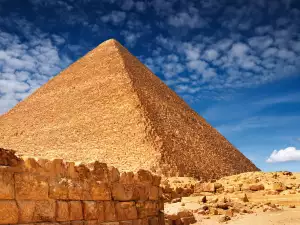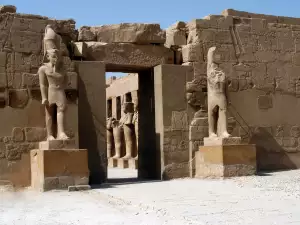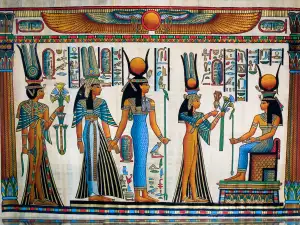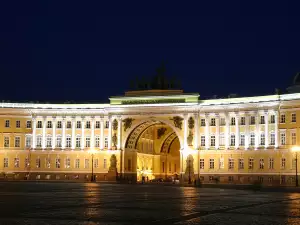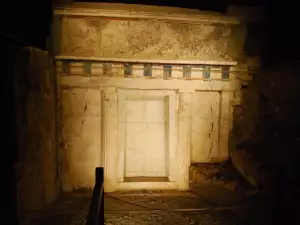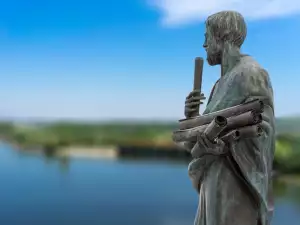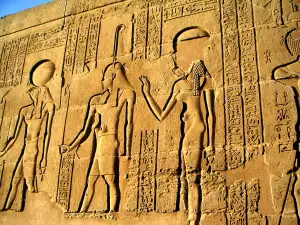The empty tomb of the ruler of Judea was found in the Irodion fortress 12 km from Jerusalem.
The Archaeological Team of the Jewish University in Jerusalem led by Professor Ehud Netzer, opened in Judea a desert grave of one of the most famous kings of the biblical state, Herod I the Great, reported the Israeli daily Haaretz. The discovery was made in the famous castle Irodion (Herodium), referred to as a place where Herod I is buried from the century BC, reports Reuters a historian.

According to his chronicles, Herod the Great died 4 years AD, and was buried in the resort of nomination by his artificial hill Irodion located about 12 km south of Jerusalem which was completed around 23 BC and used by the king as a summer residence. First excavations within the Irodion started in 1956, but until recently within the hill there had been no findings of any artifacts associated with the royal funeral.
Prof. Netzer who began work in the distant 1972, led excavation in the area between both Upper Irodion and the palace built by Herod I. The predecessors had not looked at the place of burial and opening its vault is was found richly ornamented with floral motifs with lengths of 2.5 m. It was built of Jerusalem limestone and covered with bronze, and the bones were found.
Archaeologists state that the tomb was broken and probably done so during the Great Jewish revolt in 66 to 72 AD. Irodion was one of the last stronghold of Jewish rebels and was destroyed by Roman forces in 71 AD the year after the destruction of the Second Temple in Jerusalem. Prof. Netzer stated that the excavation of the archaeological sites continues.
Herod the Great remains in history with his legendary brutality and scale of construction. It is characterized by a paranoid suspicion and punished severely all those who thought of conspirators against his power, including his own sons. In Christian texts, the name of king Herod is a byword for a cruel and power-hungry ruler, which is associated with a gospel story of the slaughter of infants. Knowing about the birth of Jesus Christ, Herod decided that he will would be taken off from the throne so to prevent it he ordered the killing of all 14, 000 infants in Bethlehem.
Among building monuments that were built during the reign of Herod the Great there are the reorganization and expansion of the Second Temple in Jerusalem in the city of Caesarea and to the Mediterranean a large scale construction in Samaria, and Jericho and the fortress-residences of Masadd and Irodion.
In managing Herod territory, Judea is extended almost to the borders of the ancient kingdom of David. Demonstrating loyalty to Rome in its foreign policy Herod the Great failed to achieve non-interference of the Roman Empire in the internal affairs of Judea.


